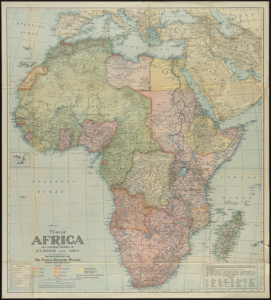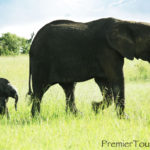Into Africa: The History of the First Safaris
The landscape of the African bush has continued to enchant travelers for centuries.
Danish author Isak Dinsen remarked in her memoir Out of Africa, “If I knew of a song of Africa, of the giraffe, and the African new moon lying on her back, of the ploughs in the fields, and the sweaty faces of the coffee-pickers, does Africa know a song of me?”
This song of Africa dates back to the 13th century when Arab and Persian traders adventured across the continent. These traders designed a common language to accelerate commerce with local tribes, and thus Swahili was born as an amalgam of African Bantu fused with Arabic. This is where the word safari originates to denote their travels across the region.
During the nineteenth century, Europeans colonized nearly the whole of sub-Sahara Africa. They divided the region in what is now known as the “scramble for Africa,” and all went on safari. Unlike centuries before, the purpose of these safaris was not to trade, but rather the adventure of killing game in the bush to adorn their walls with the heads of these mammalian trophies.
The allure of these safari remains, and in a current lexicon the word safari is used to describe just about any adventure vacation. From viewing marine life on an Atlantic cruise to a true African safari rife with game watching in the bush, the legacy and romance of safari life contains an almost eternal quality.
Embrace your inner pioneer, and plunge headfirst into Africa just as the early Arab and Persian traders once did. One thing is for sure – there is always something new to behold and discover on this massive continent. Africa is approximately 2.5 times the size of the United States, so you could spend a lifetime exploring its raw paradise. Immerse yourself in the song of Africa, and you will never look back.











